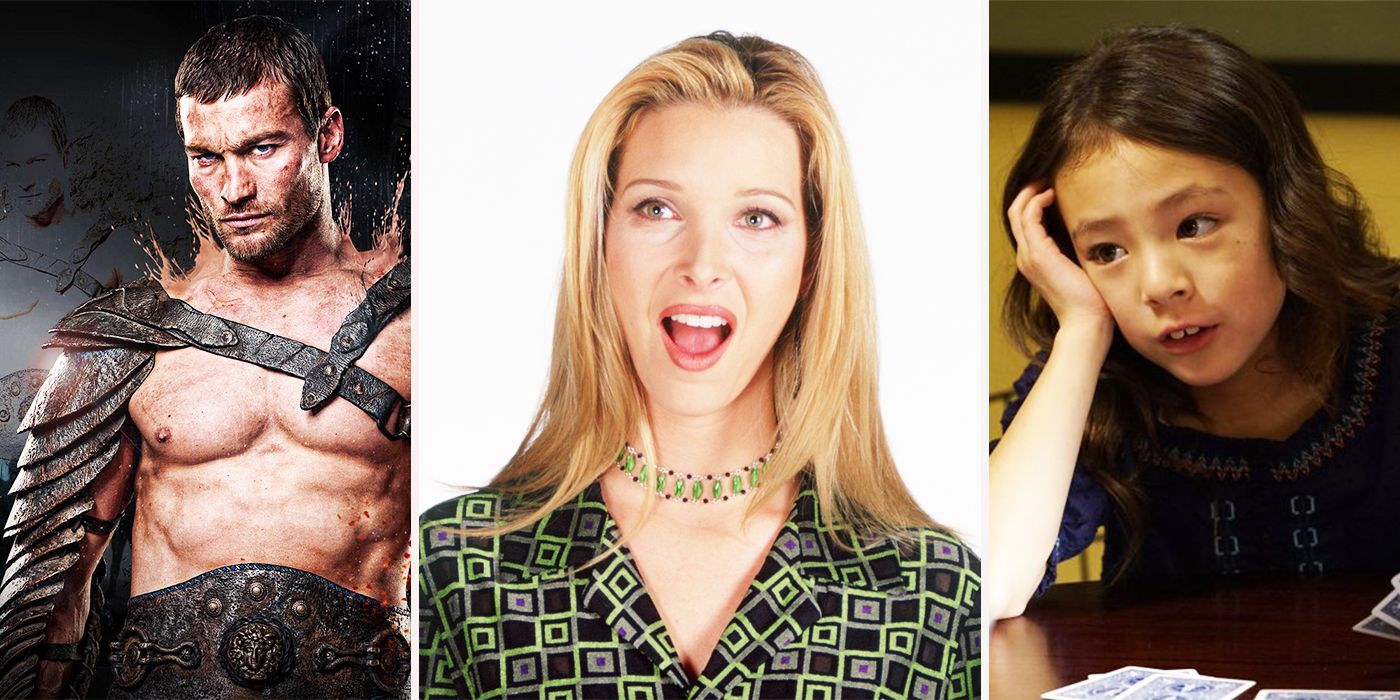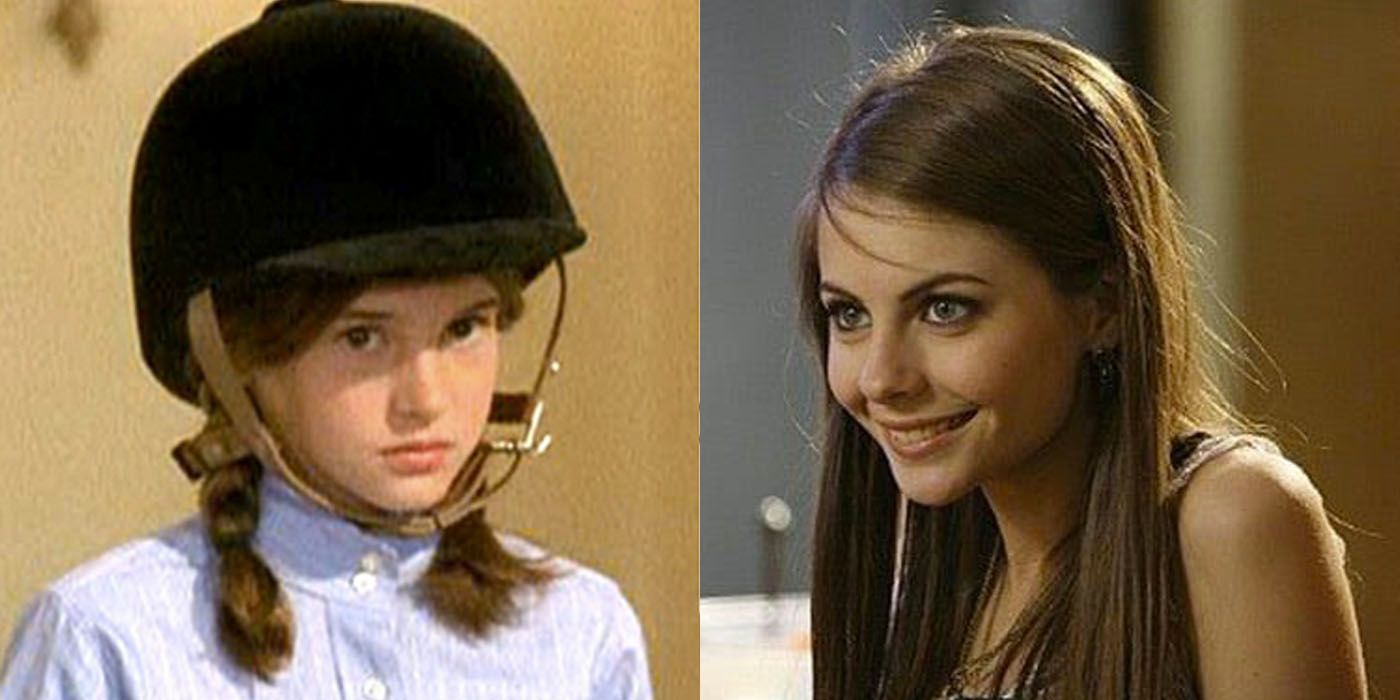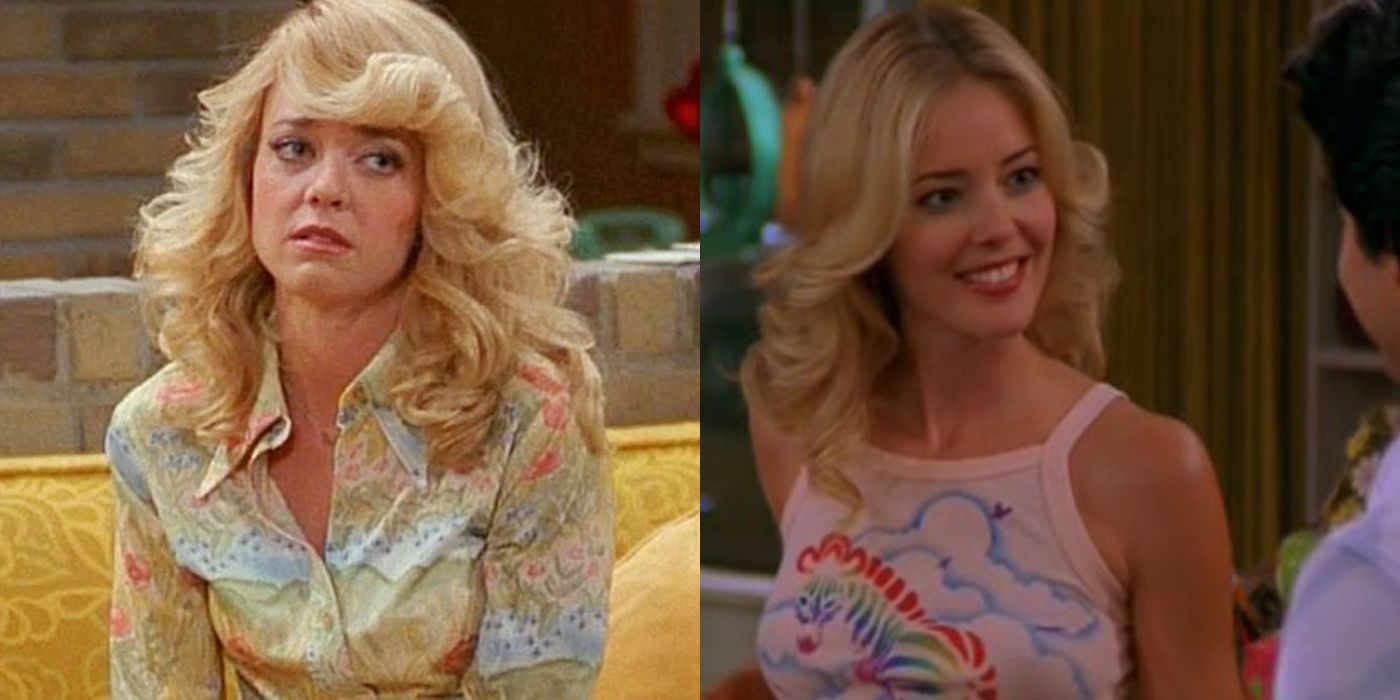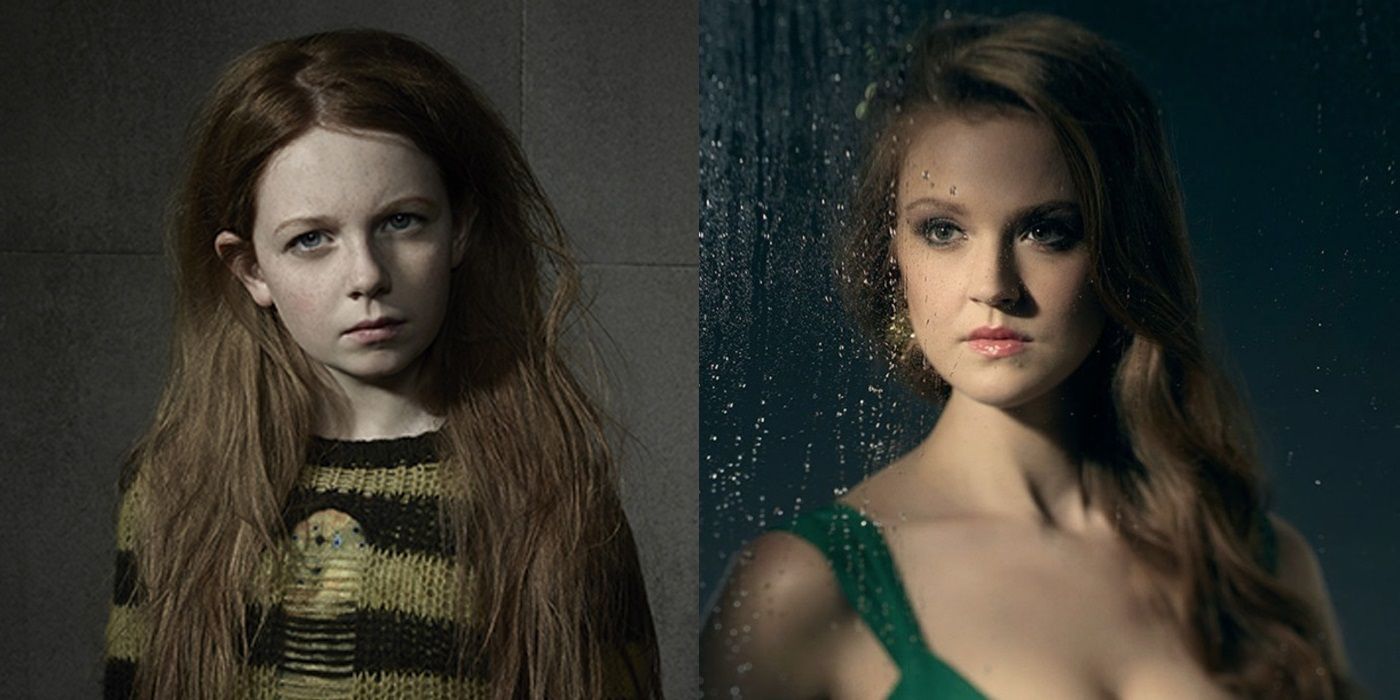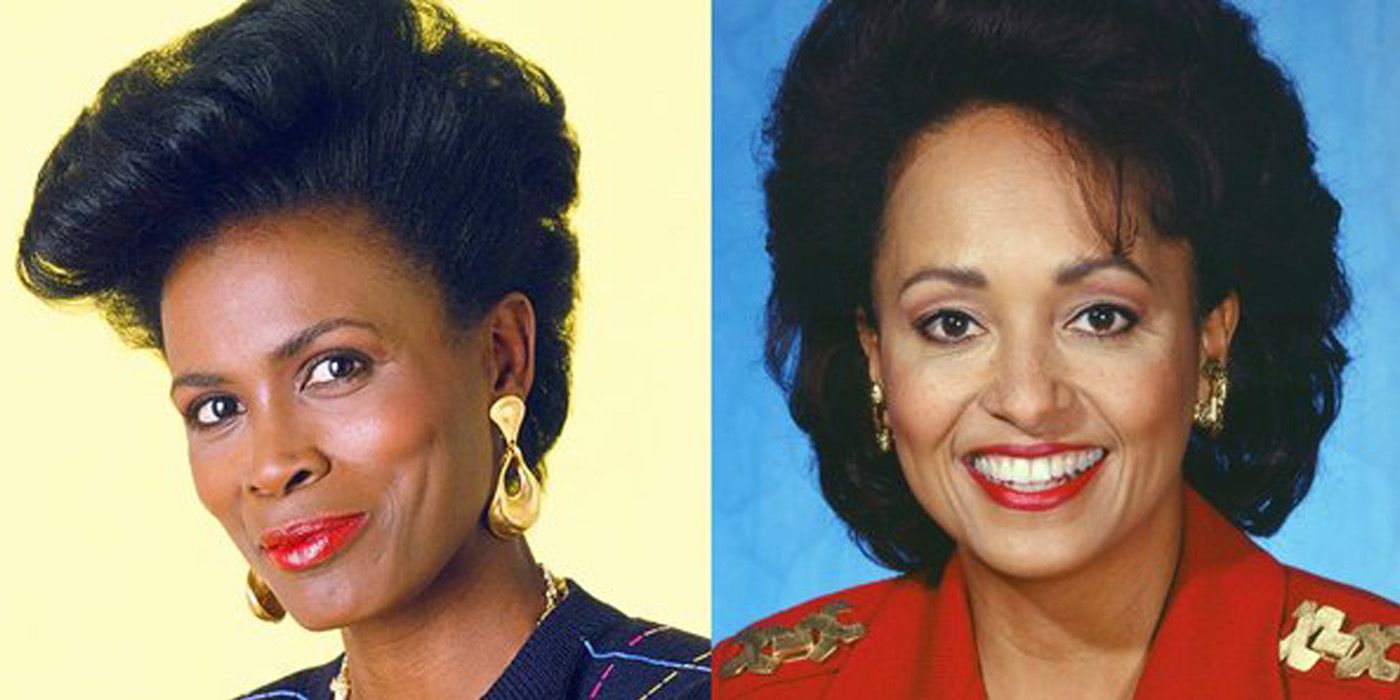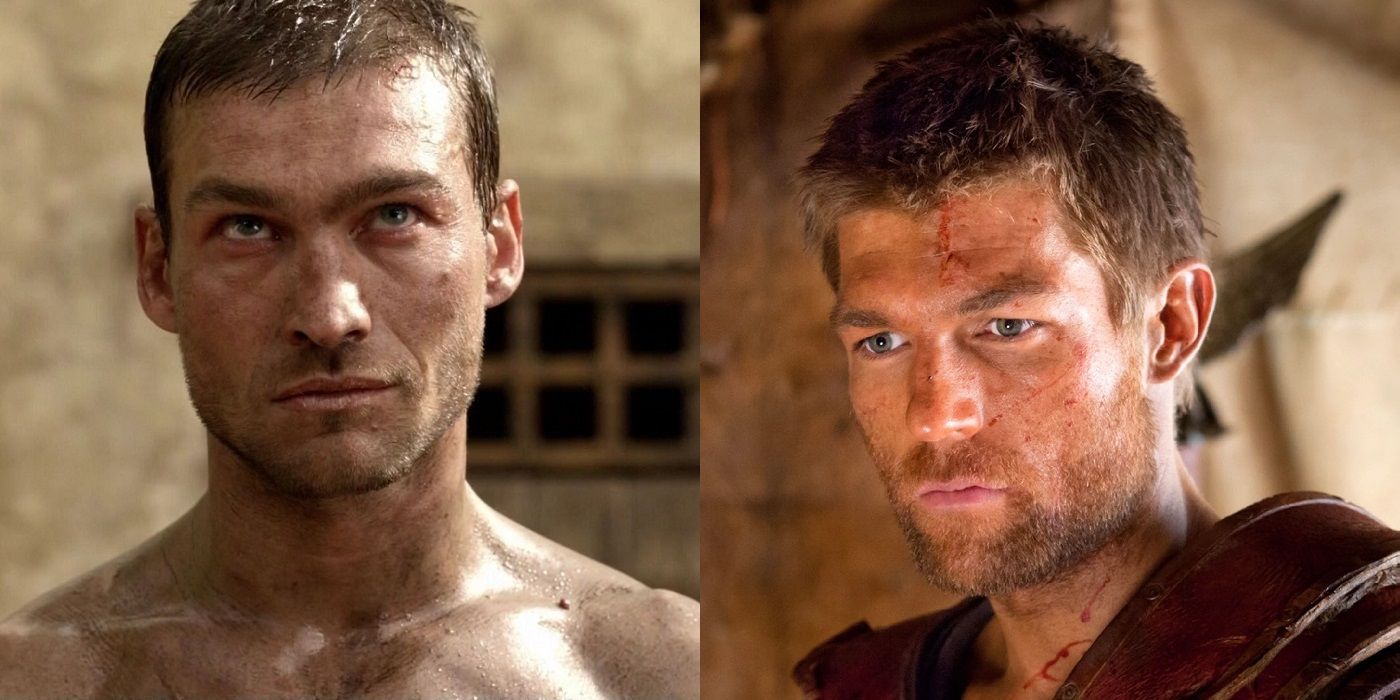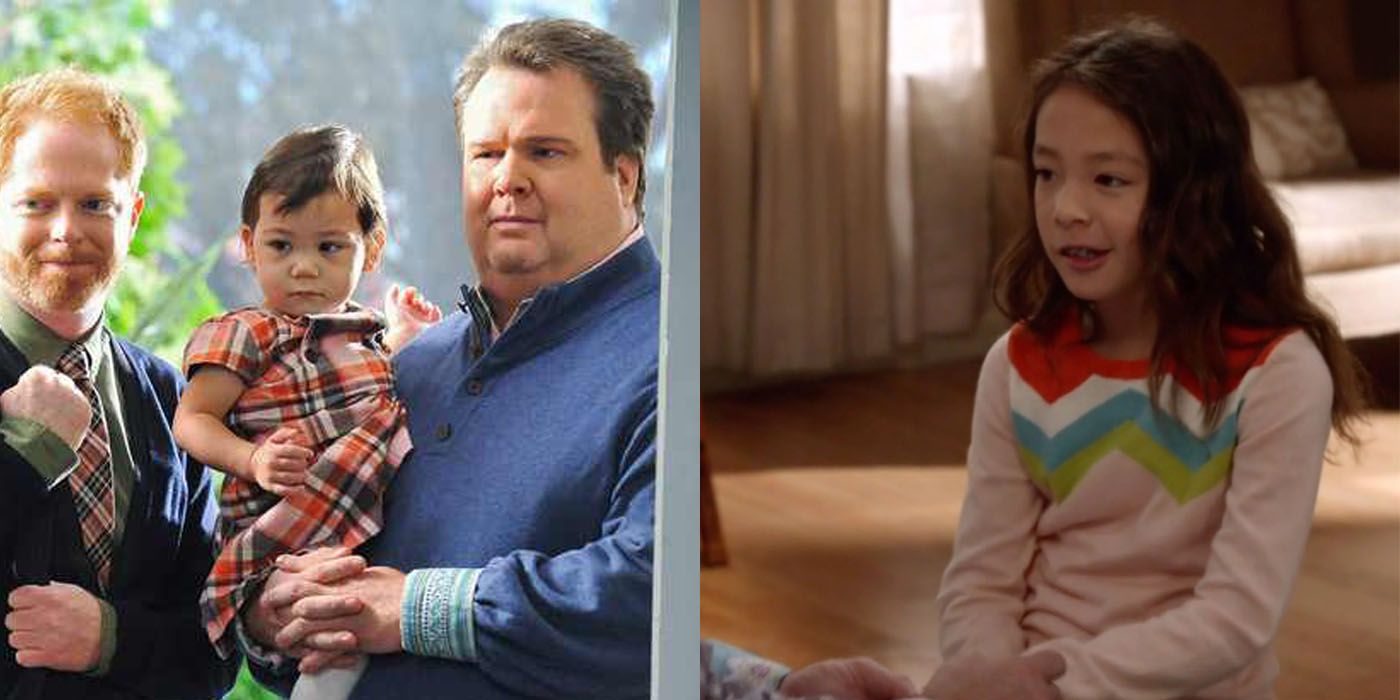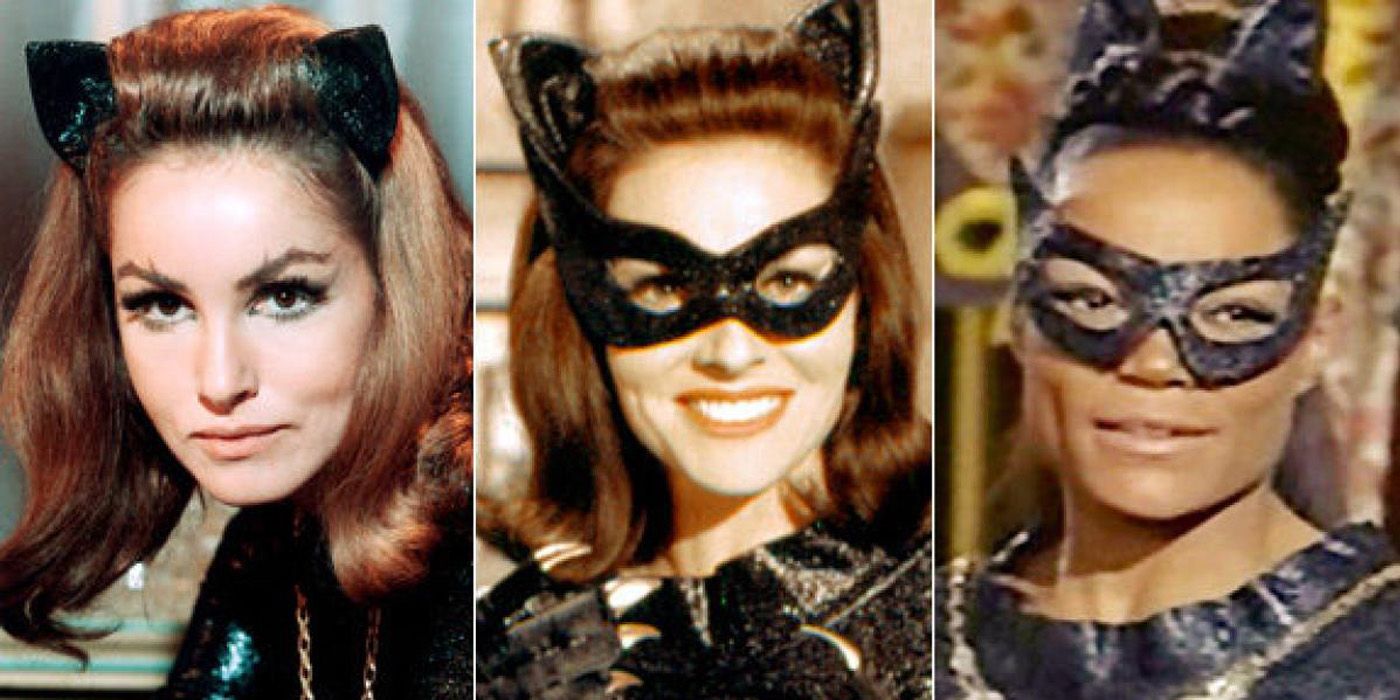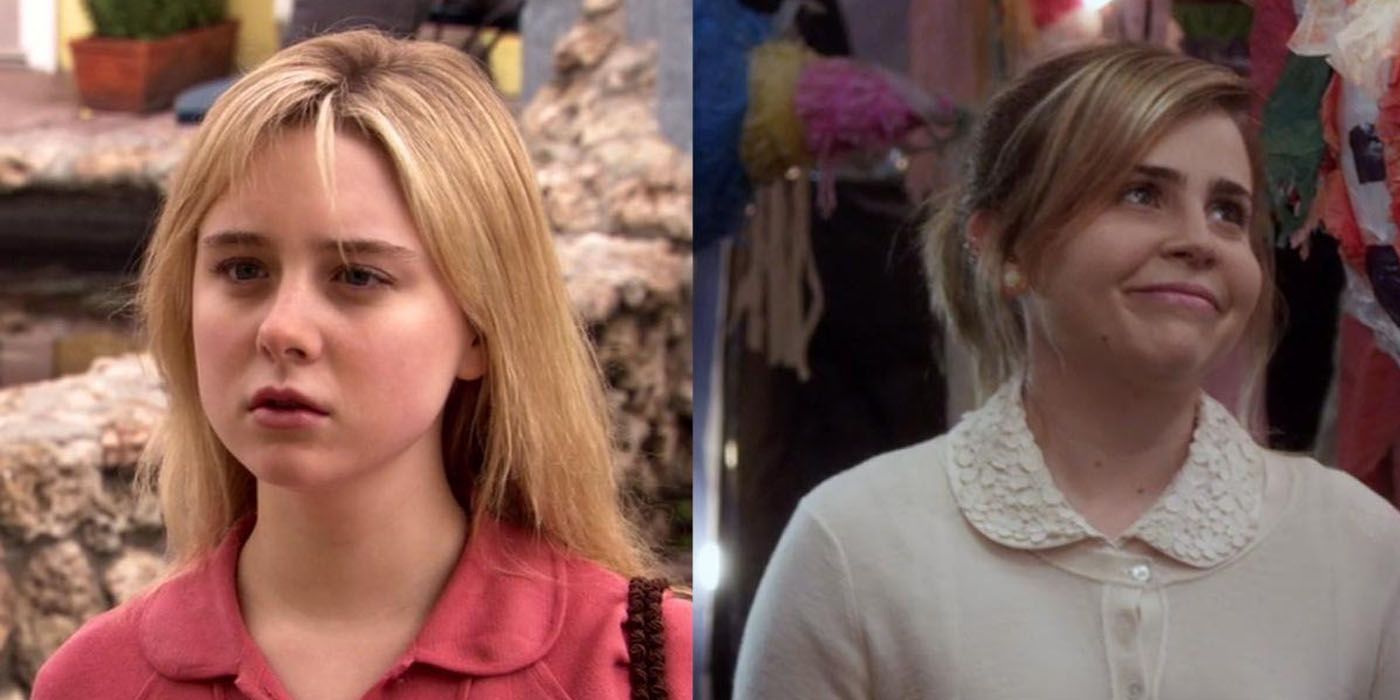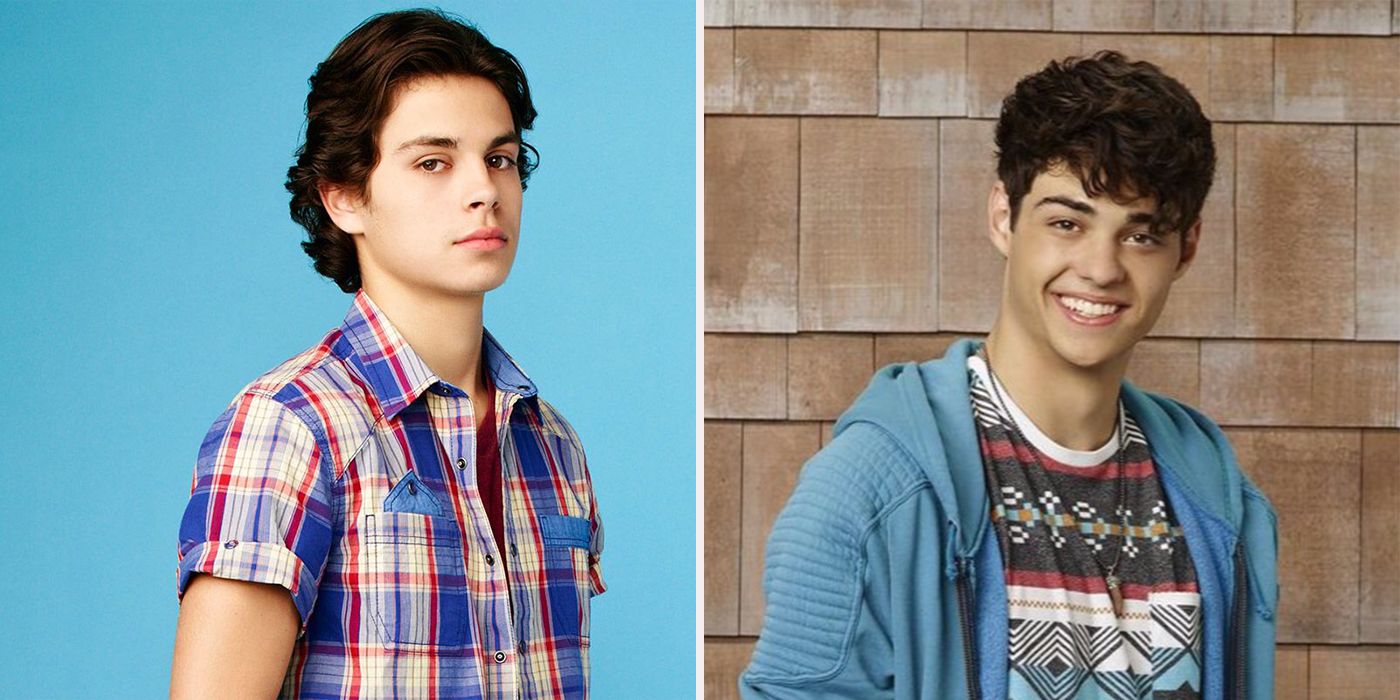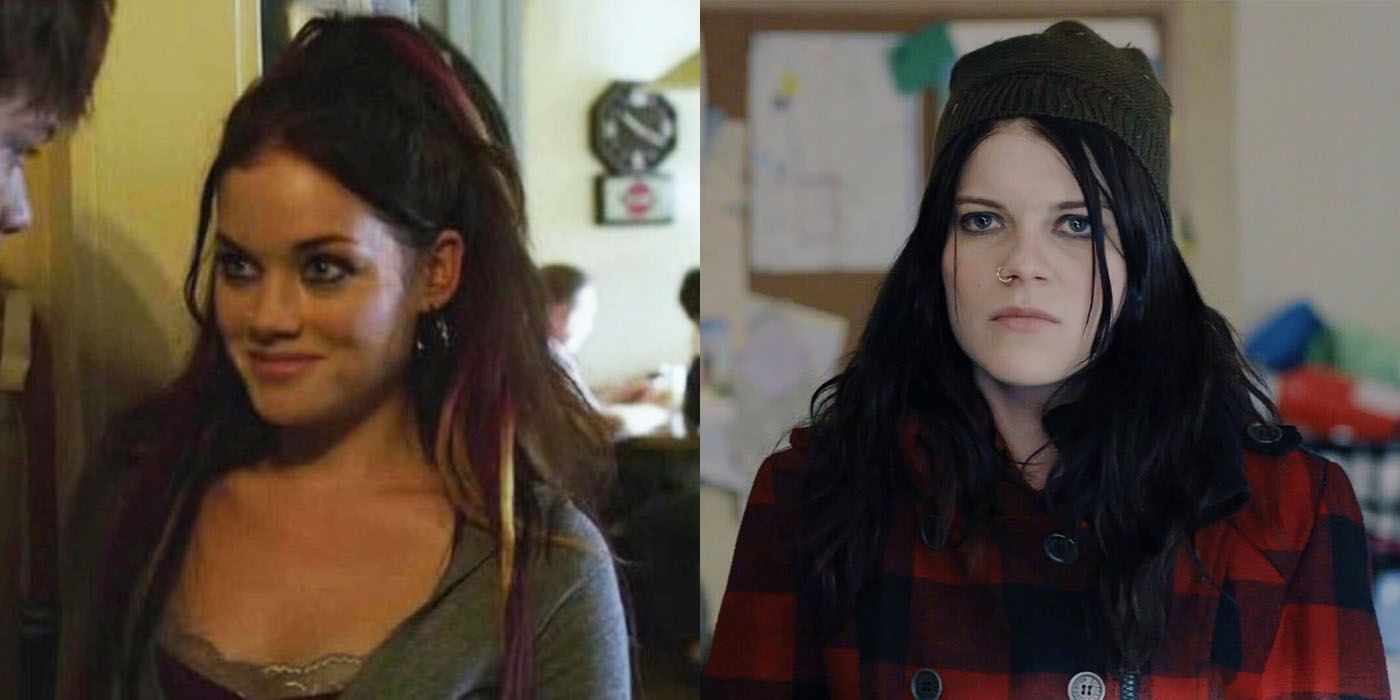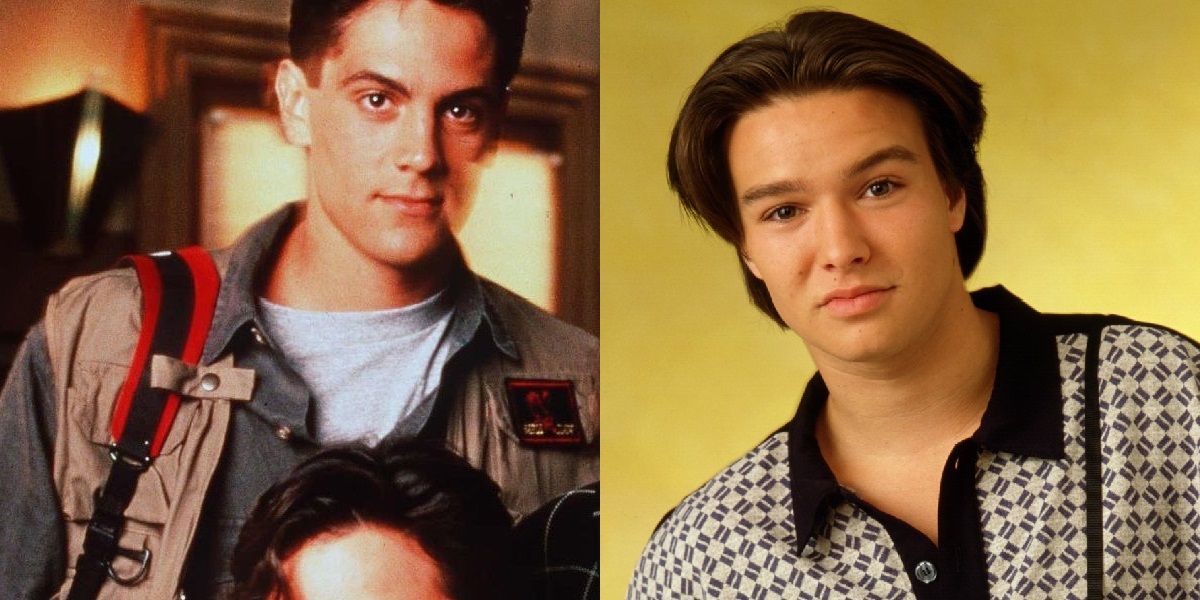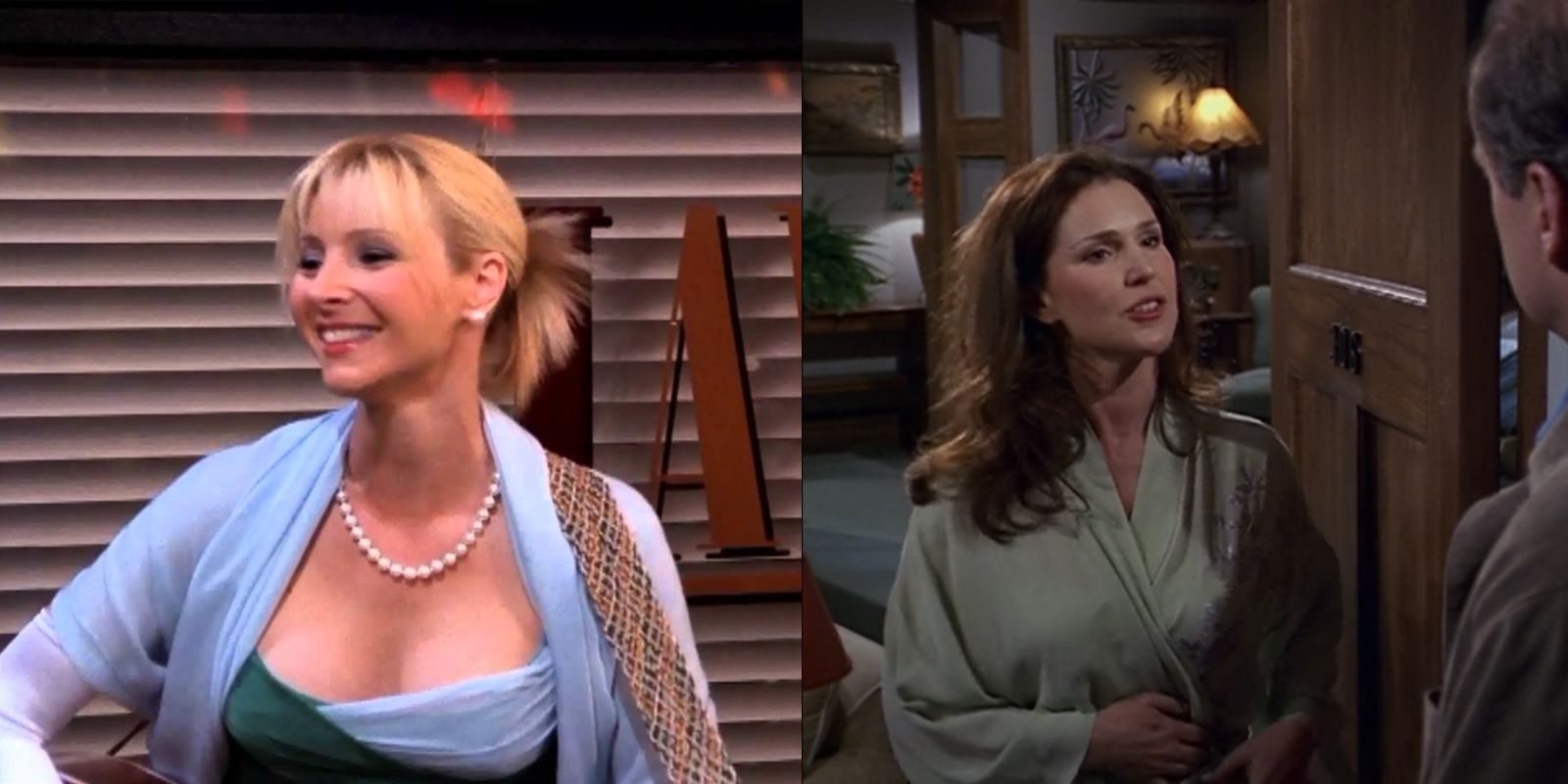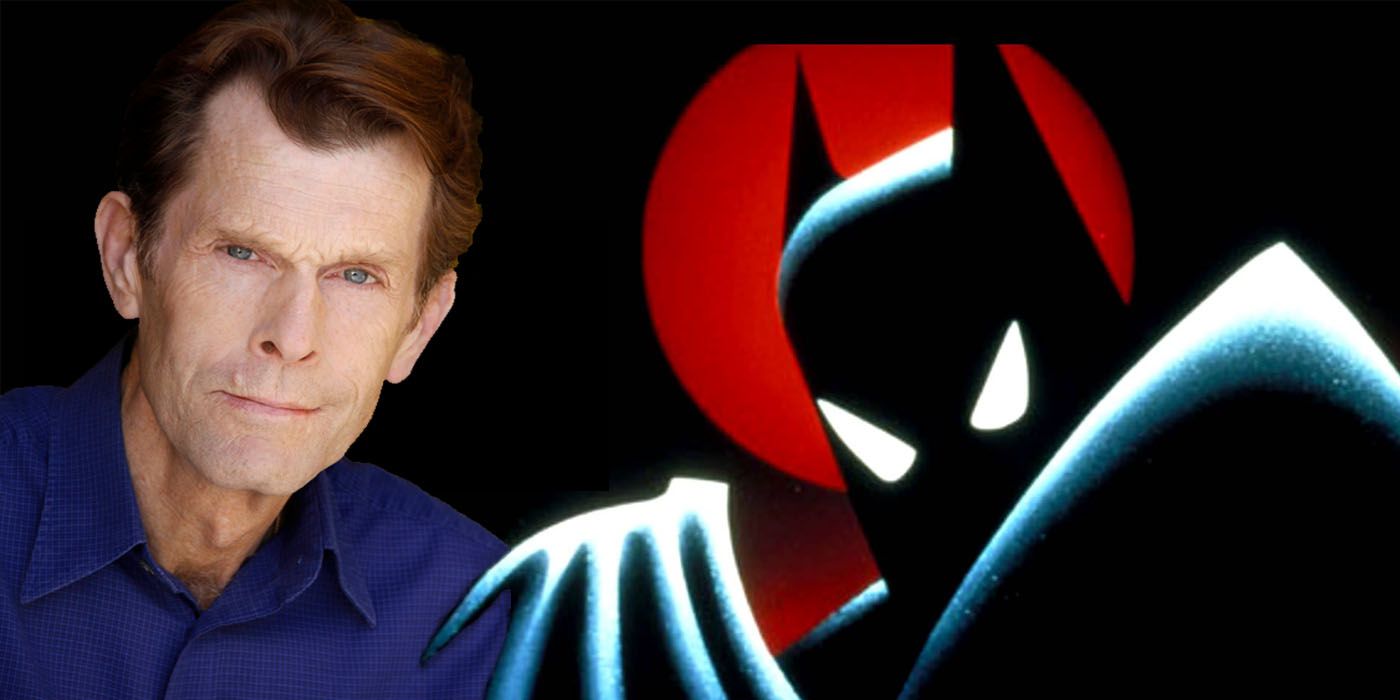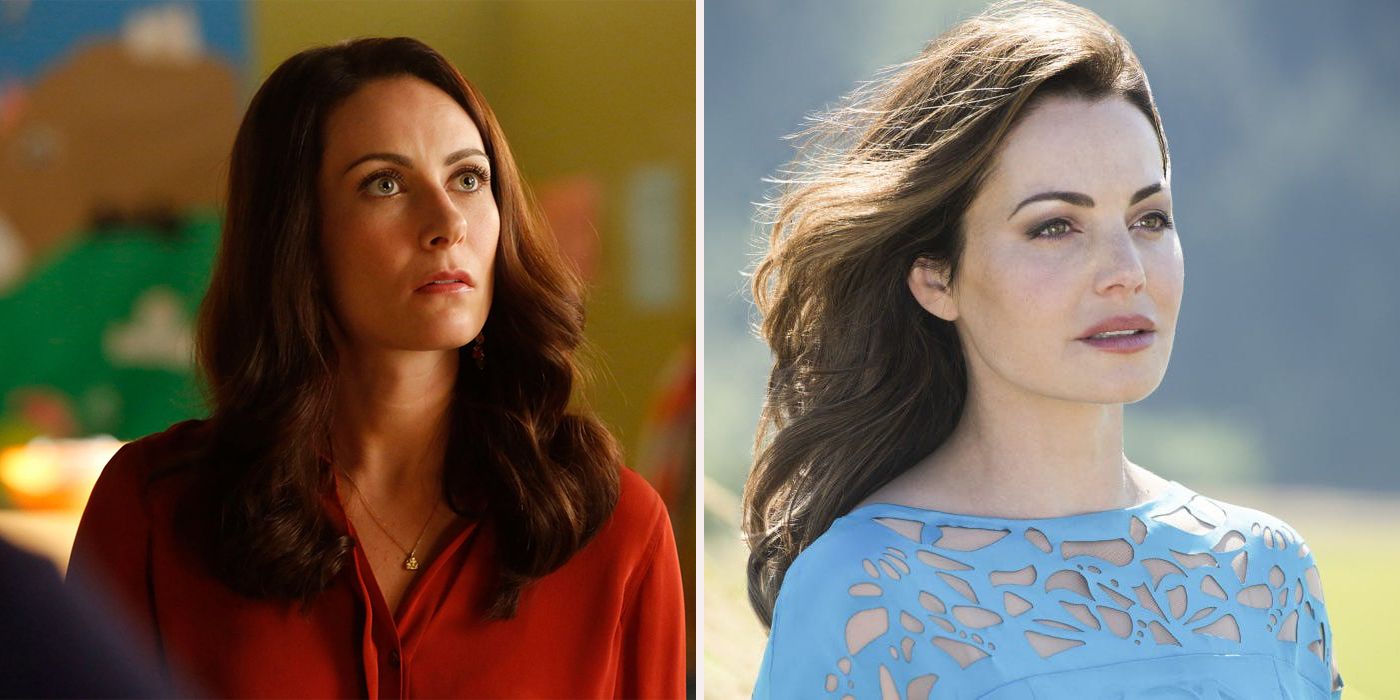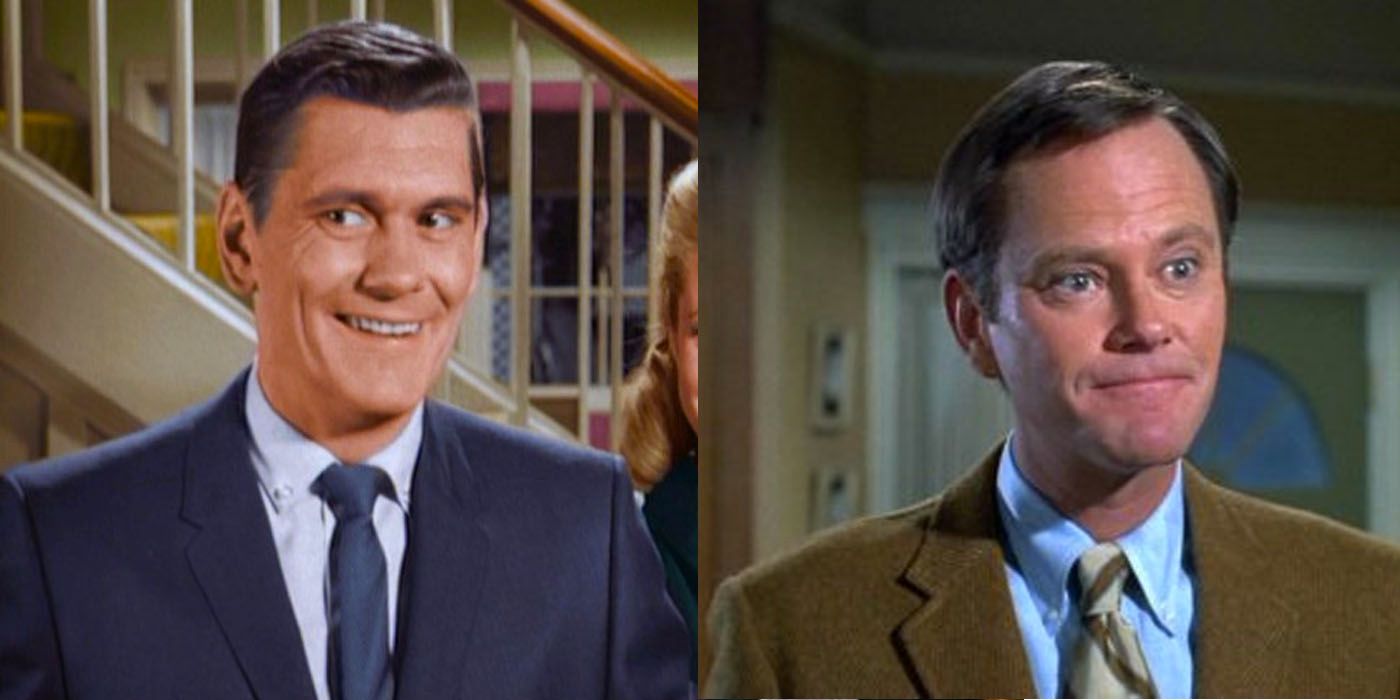Recasting a successful TV show is like major surgery. Sometimes it’s absolutely necessary for the patient to survive, but it’s still risky.
The need for a new performer isn’t usually because the actor wasn’t right for the role (though as you’ll see, that does happen from time to time). More often it’s what’s happening behind the scenes — personal feuds, substance problems, health issues — that gets an actor dropped. In some cases the character goes away too, as when Robert Downey Jr.’s Bobby got axed from Ally McBeal. If the role is too important, transplanting a new actor into the part is the only option.
The risk, of course, is that fans will hate it. Recasting is unlikely to end a show, but even a small drop in viewership makes a series less attractive to advertisers. In the Internet age, it’s a lot easier for angry fans to vent their rage in Tweets or blog comments and know they’ll be heard.
Sometimes recasting hurts a show, but sometimes it’s the right move. A lot of times, of course, it doesn’t matter a bit: nobody seemed to care too much either way when Michiel Huisman replaced Ed Skrein as Dario Nehaaris in Game of Thrones.
Here are 8 Recastings That Hurt TV Shows (And 7 That Saved Them).
HURT: Kaitlin Cooper - The OC
Recasting The O.C.’s Kaitlin Cooper from Shailene Woodley to Willa Holland only happened after her sister Marissa, played by Mischa Barton, asked to be written off the show.
Woodley was actually the right age for the role of 14-year-old Kaitlin, but she looked like a real life teen, rather than a TV teen.
Woodley made semi-regular appearances as Marissa’s younger sister throughout the first two seasons of the teenage soap. For S3, however, the producers wanted Kaitlin, now fourteen, to replace Marissa's role in the show. Woodley, by her own admission, didn’t qualify: “I didn't go through puberty until late... I looked like an 8-year-old."
First Kaitlin disappeared to boarding school for a while. Then in season 3, she returned home, recast into Willa Holland, best known now as Arrow’s Thea Quinn. Holland’s Kaitlin had definitely gone through puberty and looked ready to misbehave with the rest of the cast.
Kaitlin was still fourteen, but the writers seemed determined to age her so she could indulge in drama like the older characters.
That made Kaitlin a very unconvincing fourteen-year-old. Even so, it’s unlikely that keeping Woodley around would have saved the show from getting the axe at the end of season 4.
SAVED: Laurie - That '70s Show
Replacing Laurie Forman on That '70s Show was hardly earthshaking. Heck, the show went without any Laurie for almost three seasons before the switch so it wouldn’t have been surprising if she’d just vanished.
Lisa Robin Kelly originated the role of Eric Forman’s (Topher Grace) obnoxious, shallow sister in S1. On screen she was perfectly fine in the role. Backstage, she was having major problems with substance abuse.
Lots of actors have struggled with substances. Robert Downey Jr. has had a successful career despite his substance abuse; others, such as Ray Sharkey, crashed and burned. Kelly seems to have been in the second category.
The series dropped her after season 2, but didn’t bother to recast Laurie immediately. Kelly eventually returned for a couple of fifth season episodes, but her problem hadn’t gone away. Finally That '70s Show recast Laurie with Christina Moore in the role for the remaining three seasons.
Kelly unfortunately never did beat her problems. She was repeatedly arrested for DUIs and for domestic disturbances which also led to assault charges. She and her husband became estranged. In 2013, she checked herself into a California rehab facility. While there she went into cardiac arrest and lost her life.
HURT: Poison Ivy - Gotham
Recasting to age an infant into a toddler happens a lot on TV. Recasting to age a fourteen-year-old into an adult with a fourteen-year-old’s mind? That’s all Gotham.
For the first two seasons, teenage Claire Foley played Ivy Pepper, the future Poison Ivy, as a girl of her own age, hanging out with teenage Bruce and Selina. The producers, however, wanted Ivy to be as seductive and manipulative as she sometimes was in the comic, which wouldn’t fly with a fourteen year old.
No problem: a metahuman villain uses his power to age Ivy into an adult Maggie Geha. Now the show’s free to make her seductive, right?
Uh, sure. Let’s just forget that the aging didn’t affect her mind so she’s still a fourteen-year-old girl mentally and emotionally. She may look adult but it’s still a young teenager.
It’s a gimmick comics have used unsuccessfully to hand-wave big age differences, and it doesn’t work any better on TV.
In the middle of season 4 Gotham recast Ivy again. After Ivy uses potions to give herself plant powers, the treatment also turns her into Peyton List. It’s unlikely to raise the same eyebrows the first recasting did.
SAVED: Aunt Viv - The Fresh Prince of Bel Air
For some fans of Will Smith’s Fresh Prince of Bel Air, recasting his aunt Vivan from Janet Hubert to Daphne Maxwell Reid was a bad move. Even other actors on the show have differing views on the swap.
Hubert was undeniably wonderful as Viv, but given the toxic feud brewing between Hubert and Smith, the show was probably smart to make the call.
Fresh Prince starred Smith as a Philadelphia kid sent to live with his relatives in an upscale West Coast neighborhood. Hubert played his aunt for the first three seasons, then the producers recast. Why? Supposedly "creative differences,” a term that can cover up a multitude of sins.
The real issue was that Hubert and Smith were constantly at odds and the hostility only worsened with time. Hubert said later that, as a dark-skinned woman, she criticized Smith for telling “you’re so black” jokes to the studio audience before the show. As she saw it, Smith was too young and had too much ego to back down, so he had her fired. The Atlanta Journal reported Smith saying Hubert’s real issue was that she wanted to be the star of the show, and wasn’t.
The series ended in 1996 but the angry feelings didn’t. Whoever’s right or wrong, it seems unlikely Hubert and Smith could have had a productive working relationship
HURT: Spartacus - Spartacus
When a TV actor passes away, shows often write off the actor’s character rather than recast. John Ritter's passing removed his character from Eight Rules... for Dating My Teenage Daughter in 2003, but the show soldiered on two more seasons without him. It’s a lot harder to replace a figure as central as the rebel gladiator Spartacus, especially when your show’s named Spartacus.
As the star of the Starz show’s first season, Andy Whitfield had a solid fan following, and looked to have a long, successful career, including more seasons of defying Rome. It didn’t happen: Whitfield suffered from non-Hodghkins lymphoma, which took his life after an 18-month battle. Whitfield’s struggle with the disease became the subject of a documentary, Be Here Now.
Without Spartacus, there was no Spartacus, so Starz recast the part, picking Liam McIntyre as the new hero. There was reluctance at first because McIntyre had lost a lot of weight for another acting job, and didn’t look as if he had the physical presence the gladiator needed. The network gave him several months to see if he could bulk up, which he did.
McIntyre wasn’t a bad Spartacus, but he wasn’t Whitfield.
Still, he was a lot better than no Spartacus at all.
SAVED: Lily - Modern Family
Some kids just aren’t made to be child actors. Many young stars crash and burn as they age; luckier performers walk away and find something else to do. Ella and Jaden Hiller fell into the second class, which is why they left Modern Family.
The twins played the role of Lily, the adoptive daughter of dads Mitchell and Cameron for two seasons. Aubrey Anderson-Emmons took over after that. The reason? The Hiller girls were done with showbiz.
Doug and Michelle Heller said in an interview that when they saw an ad for twin Asian girls to play a TV role they submitted photos of their kids. The show cast them as Lily. Using twins is a way TV can keep kids from working more hours than the legal limit. However, even that much work turned out to be way too much.
Michelle Hiller said neither she and Doug nor their daughters had a clue how demanding TV work was: “Halfway through season two, their personalities had started to develop. It was really clear to us that they weren’t enjoying their time on set.” The producers offered a substantially larger paycheck, but unlike some stage parents, the Hillers stuck to their decision.
As Mitchell and Cameron’s parenthood experiences were integral to the show, recasting was the only option. Playing to Anderson-Emmons strength has turned Lily into a sharp-tongued, caustic, and utterly hilarious little girl.
HURT: Catwoman - Batman
Catwoman has been played by more than a half-dozen actors in live-action TV and movies. The Adam West Batman series accounts for three of them. Lee Meriwether played the Feline Felon in the West Batman movie, Julie Newmar played her in the first two TV seasons, then Eartha Kitt stepped in for season 3.
No question about it: Kitt was able to deliver the slinky, feline quality Catwoman’s supposed to have. As producer Charles FitzSimmons put it, “she was a cat-woman before she was ever Catwoman … her singing was a meow.”
Kitt was seven inches shorter than Newmar and lacked Newmar’s imposing physical presence.
Newmar’s Catwoman looked more than capable of flattening Batman mano-a-mano. Batgirl actress Yvonne Craig said Kitt “was my size. I could beat her up. I came up to Julie’s bellybutton.”
Why the switch? Supposedly Newmar had a conflict with the shooting schedule for the movie Mackenna’s Gold. Fans have argued that as Burgess Meredith balanced shooting the same film with playing the Penguin, there must have been another reason. One fan theory is that Newmar felt the scripts reduced Catwoman’s villainy in favor of the Bat/Cat romance.
Ironically with Kitt in the role, there was no romance, presumably because an interracial relationship would have been to controversial at the time.
SAVED: Ann Veal - Arrested Development
The role of George Michael Bluth’s girlfriend Ann Veal was actually meant to be recast several times instead of just once.
The joke about Ann is that she’s so bland she’s forgettable. One of Arrested Development’s running gags was that the Bluth family constantly forgets who she is, what her name is, or why she’s in their lives. Sure, she’s devoutly religious — something that ought to stand out in this crowd — and eventually gets engaged to George Michael’s uncle, but none of it imprinted her on the family's memory.
The producers’ original concept was that they’d recast Ann every time she appeared and nobody in-show would notice the changes (which could almost be a parody of the other recastings on this list). Instead, after they switched first season’s Alessandra Torresani out for Mae Whitman, they stopped. As far as they were concerned, they’d found the perfect bland Ann, no need to try again.
Whitman jokes that she had mixed feelings about her success: “They were originally going to keep replacing the actress that played Ann, just so you were always on your toes. And then they stuck with me, which I feel is like a real insult. They were like ’No, no, you’re making the whole not-memorable thing work.”
HURT: Jesus - The Fosters
When Freeform’s The Fosters announced it would replace Jake T. Austin as Jesus Foster, some fans thought the character should have been written off instead. They kind of expected it, given Austin had announced he was leaving and season 2 ended with a car crash, a classic method of purging cast members.
The 2013 family drama took standard TV family-drama tropes and updated them for the 21st century. The parents are a biracial lesbian couple and Jesus is part of a blended crop of birth and foster children. Some reviewers thought the concept pumped fresh air into the genre.
Austin made no bones about why he was leaving. After two years as the goofy younger brother, he Tweeted that he wanted to work on something more substantial. Plus he said he was only slated to be in the season 3 episodes, but his commitment to the show would keep him from other work.
Although some fans would have been happy to see Jesus perish — something that happens often enough in family dramas — the producers went with recasting instead, bringing in Noah Centineo as the new Jesse. Centineo did his best, but the soap opera move of recasting after a car crash broke the grounded, realistic tone The Fosters was known for.
SAVED: Mandy - Shameless
Shameless is another riff on the family-soap formula, but way darker than The Fosters. The Gallagher family, headed by William Macey, is a mess: Gallagher spends most of his time drinking, leaving his eldest daughter struggling to keep all the balls in the air and hold the family together.
Mandy debuts in the first season as a bad girl classmate of Ian Gallagher. When she learns Ian is gay, she agrees to play his beard so that he can keep his true orientation under wraps. Abused by her father, Molly was fiercely protective to anyone she took under her wing, such as her abused half-sibling Molly.
In season 1, Mandy was played by Jane Levy, but she left the show for a lead role in Suburgatory. Rather than lose Mandy too, the show replaced her as Emma Greenwell.
The character was worth keeping around, though the later developments in Mandy’s arc — leaving the show with her abusive boyfriend — didn’t suit some fans.
She later returned, sans boyfriend, working as a professional woman of a night. When she has to eliminate one of her clients, Ian helps her escape a criminal charge.
Recasting helped the show keep a memorable character around a while longer.
HURT: Jimmy Olsen - Lois & Clark
Sometimee it really is what's happening on screen, not what’s happening backstage, that results in recasting. Case in point, Lois and Clark: The New Adventures of Superman. The producers just didn’t think Michael Landes, the first-season Jimmy Olsen, was right for the role, so they replaced him with Justin Whalin.
Jimmy Olsen for most of his comics history has been as clean-cut a straight arrow as you could get. Landis’ Jimmy was a little less so. In one episode he refers to spending time in juvie, but adds it was a “bum rap.”
Lande said that the producers thought he looked too much like both Dean Cain's Clark and Teri Hatcher's Lois. So they switched: Landes out, Justin Whalin in.
Landes looked old enough to be Cain's peer; Whalin looked much more boyish, and a lot less like Cain. The show also tried to make Jimmy something of a teen hearthtrob, to counteract competition from Jonathan Brandis in time-slot rival Seaquest DMV.
For some fans, this was actually an improvement, but a lot of others felt Landes had been a stronger, more interesting Jimmy.
Landes himself says that while being fired was devastating, finding other acting gigs served his career better than staying as a minor Super-player.
SAVED: Roz - Frasier
When the cameras started filming on the first episode of Frasier, Peri Gilpin was not in front of them.
Gilpin, who eventually spent 11 years as Frasier Crane’s strongminded producer, had been one of the two top picks for the role of Roz. The number one choice, though, had been actor Lisa Kudrow — at least until the shooting started.
The producers liked Kudrow’s eccentric, funny qualities, but they’d conceived Roz as someone who could hold her own when she locked horns with Frasier.
Kudrow’s Roz wasn’t that strong; it became obvious Kelsey Grammer’s Frasier was holding back so he didn't overpower her. Regretfully, they showed Kudrow the door and ushered Gilpin in.
It was undoubtedly the right call but Kudrow, at the time, was devastated. After playing guest parts on TV, she was excited about having a regular role on a show she correctly guessed would run for years. Losing Roz seemed like a major career setback. Shortly afterwards, she was cast in another one-shot guest part, as a flaky waitress on Mad About You. She did well enough that she began recurring on the show. Her performance then caught the attention of the producers developing a new NBC show, about a group of Friends. This was one recasting that worked out for everyone.
HURT: Batman - Batman: The Animated Series
When Paul Dini and Bruce Timm created Batman: The Animated Series, they looked outside the regular pool of established voice actors to find the best voices possible. That gave viewers many classic voice portrayals such as Mark Hamill’s Joker. Most importantly, it gave us a great Batman thanks to Kevin Conroy, who’d been working in TV since the late 1970s.
Casting Conroy as Batman/Bruce Wayne was pure genius. Conroy’s voice acting was pitch-perfect in both roles. Coming out of the animated Bat’s mouth, his voice sounds genuinely intimidating, much more so than when Christian Bale tried using his Scary Batman voice in the movies.
Nevertheless, all shows end — and with Batman, that meant a new show, The Batman, from new producers. Understandably the new series producers wanted a Batman of their own, and Rino Romano was hardly the worst thing about The Batman, which was no match for BTAS. Still he was definitely no Kevin Conroy.
Nobody has matched Conroy's voice in any of the subsequent Bat-animation series that hit TV since BTAS concluded.
The nice thing about the modern media universe is that no matter which voice of Batman suits your taste, you can find it playing somewhere, or resort to DVD.
SAVED: Alura Zor-El - Supergirl
Laura Benanti walked away from her recurring role as Alura on Supergirl because it was on the opposite coast from where she needed to be.
As Alura, birth mother of Kara Danvers, Benanti played a major role in Supergirl’s backstory. Discovering her mother was fallible and flawed rather than an icon of perfection was central to Kara’s character arc in the first season. As an AI hologram, Alura also provided her daughter with occasional guidance, though often distorted by Alura’s own attitudes.
Following season 2, however, Benanti dropped the role. The show shot in Vancouver and she had acting commitments in New York. More importantly, she wanted to be a “supermom” for her daughter there, and that was hard to do from the opposite coast. Although Benanti has worked with show-runner Greg Berlanti since 2008’s Eli Stone, she headed back to the Big Apple. In her place, the show brought on Erica Durance, the former Lois Lane of Smallville.
Casting an actor so important to the Superman mythos as Supergirl's mother is a great way of paying tribute to Smallville's impact on DC TV.
While Alura isn’t as central to the show as Alex Danvers or Winn Schott, she’s important enough that keeping her was a smart move.
HURT: Darrin - Bewitched
Changing Bewitched’s Darrin from Dick York to Dick Sargent is one of the most infamous recastings in TV history.
Most of the cast swaps in this list were supporting players. The perpetually frazzled Darrin Stephens, husband to witch Samantha, was a leading character in a hit sitcom. That’s a lot more risky, particularly when the change is unpopular.
Darrin #1, Dick York, had suffered a major back injury while making a movie several years earlier. He needed high doses of painkillers to keep up with his demanding TV schedule. In the sixth season the pain got bad enough he finally wound up in hospital, unable to work. The exact details vary with different accounts; one says his doctor gave him the wrong pills, another says it was a particularly grueling episode. Either way, his time on the show ended and Dick Sargent stepped in.
Sargent wasn’t a bad actor, just a worse Darrin than York.
York’s Darrin worked because he was ineffectual. As a 1960s sitcom husband, he was boss of the house in theory. In practice, he always found himself in over his head dealing with the magic that surrounded him. Sargent’s Darrin was more forceful and sarcastic, and it didn’t work as well.
---
Are there any castings you think saved or ruined a show? Tell us in comments.

